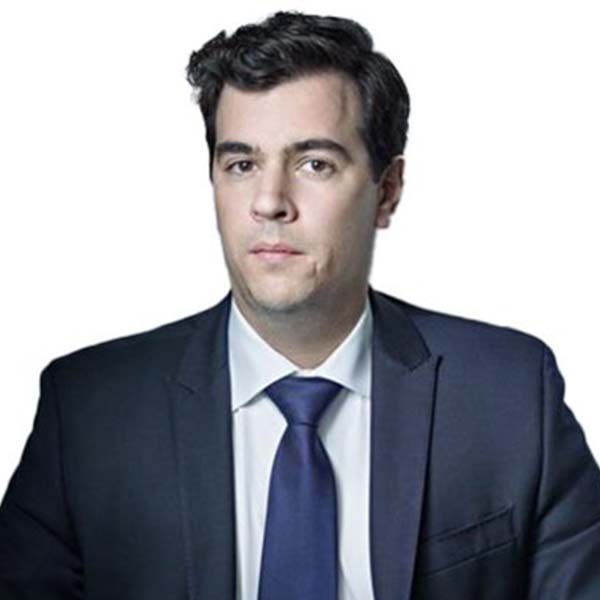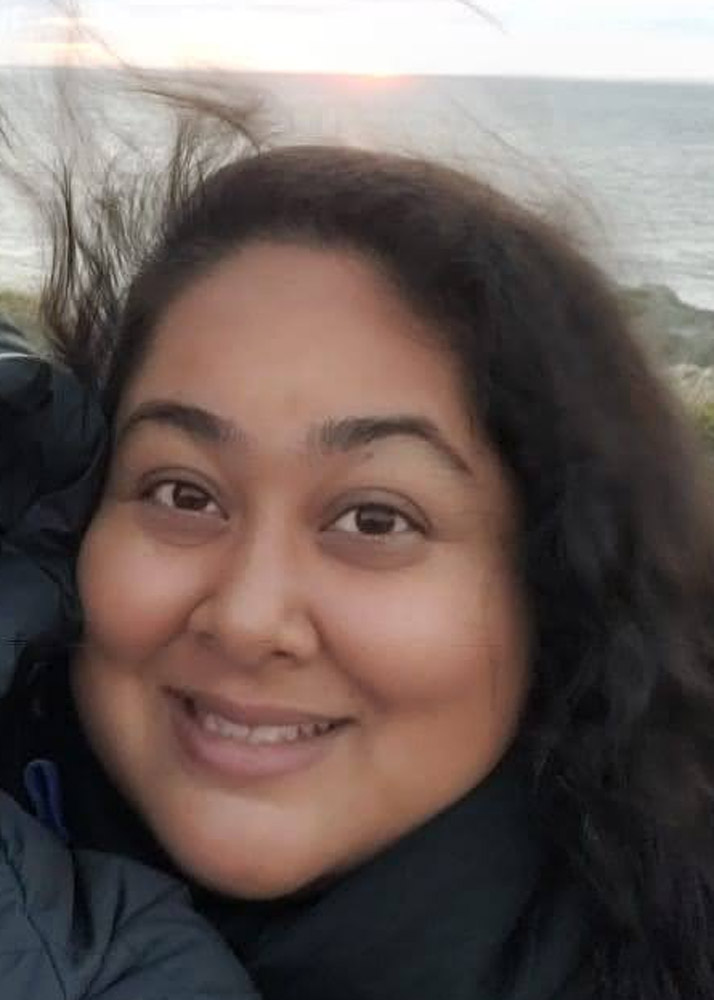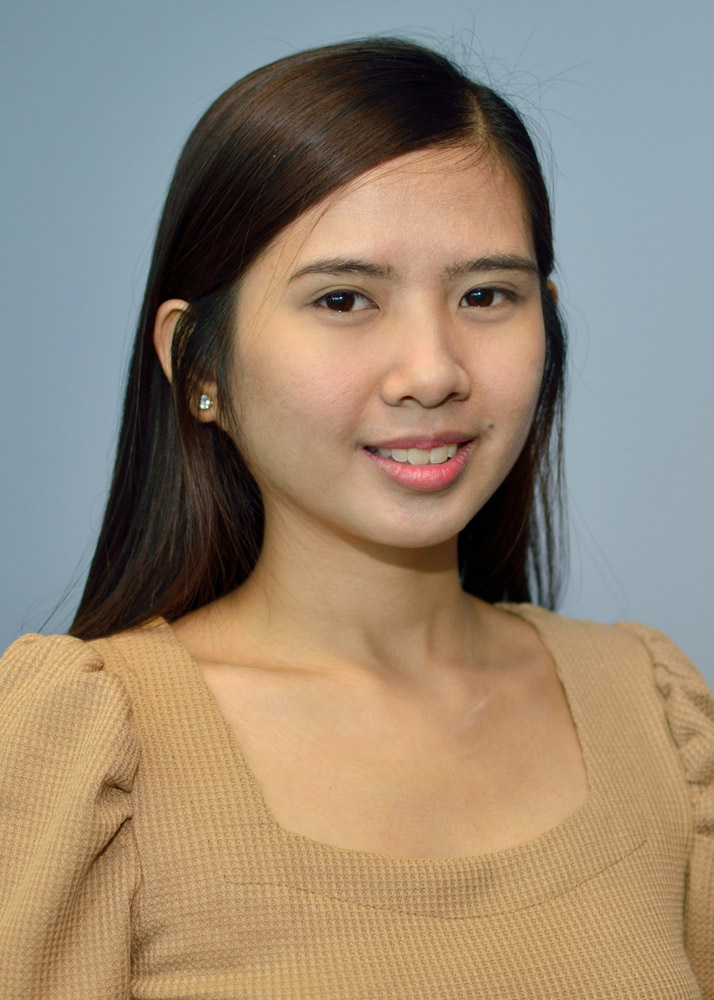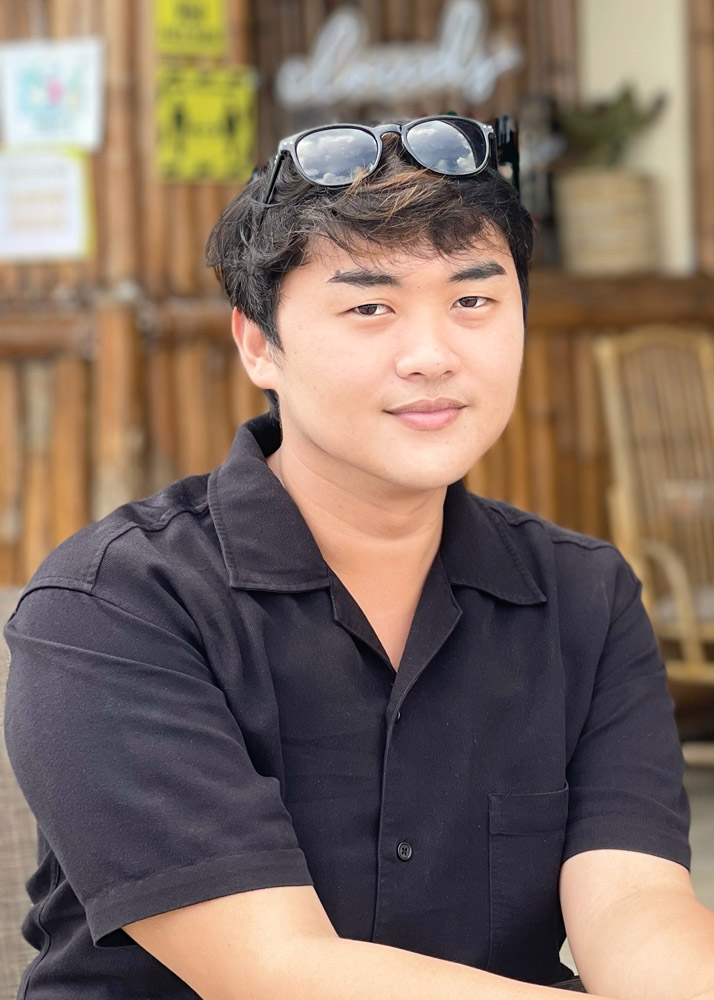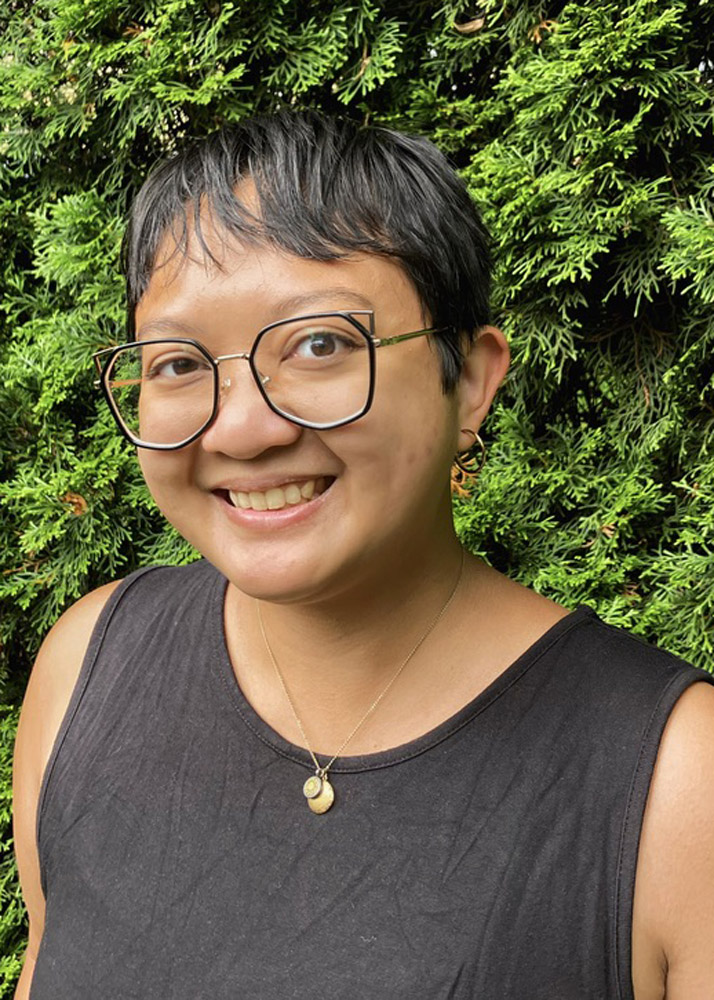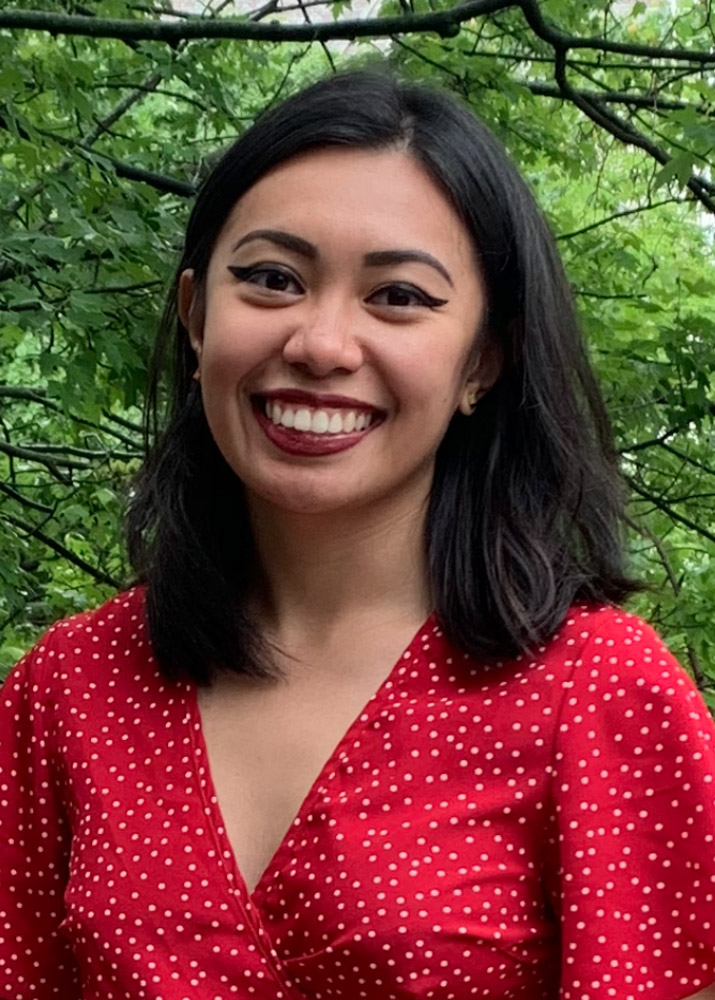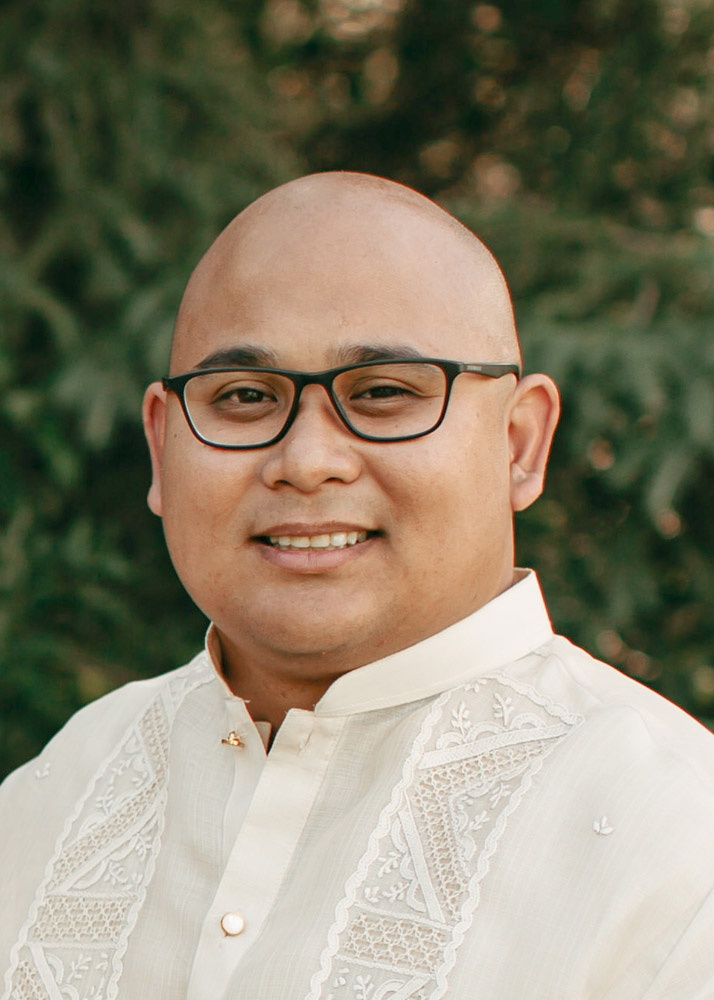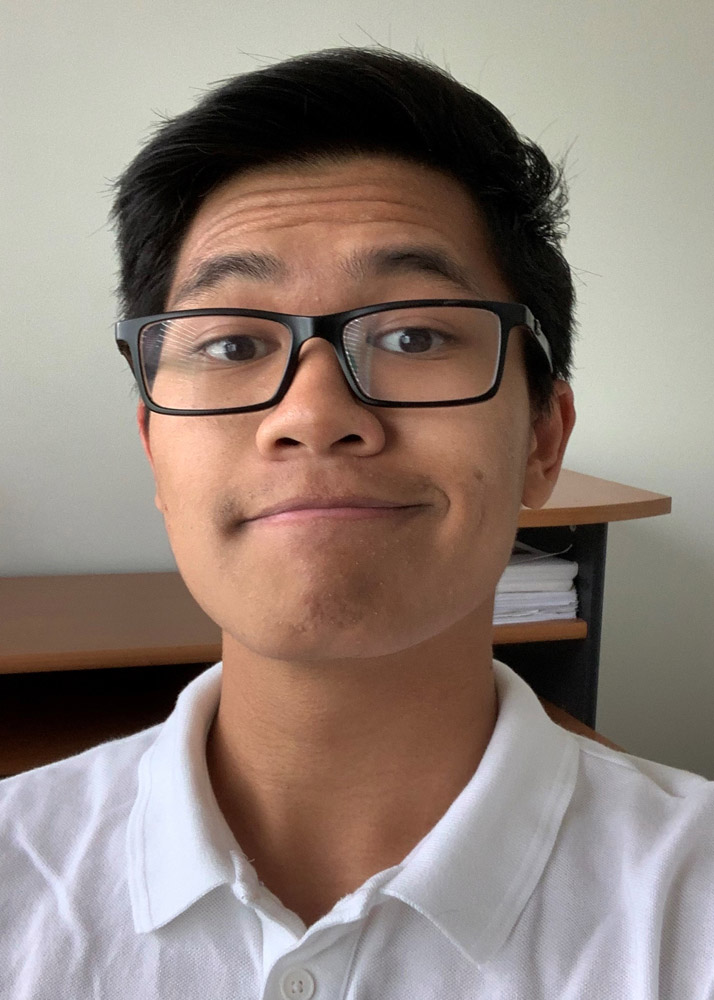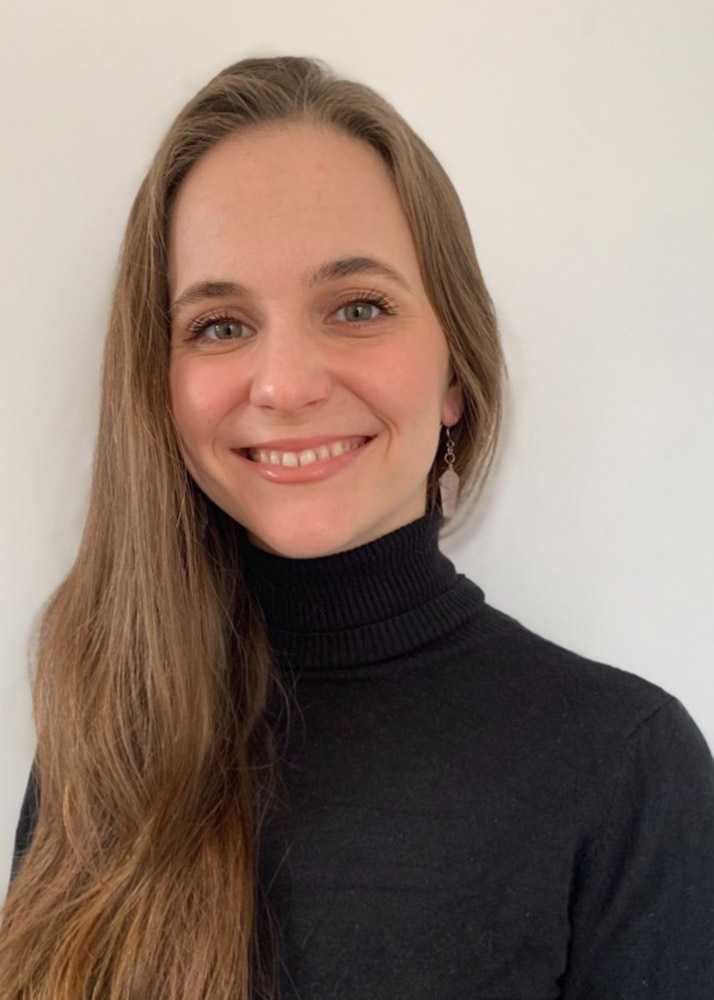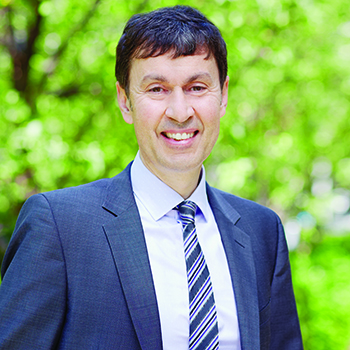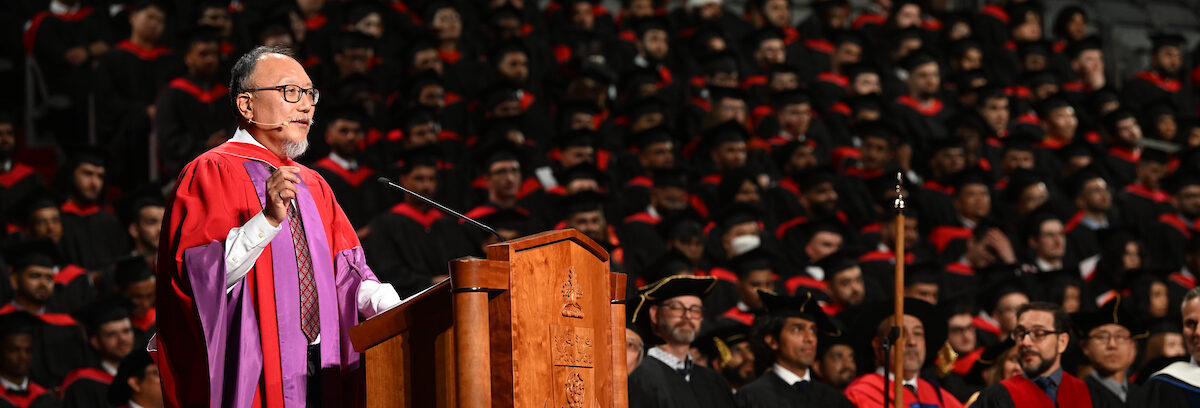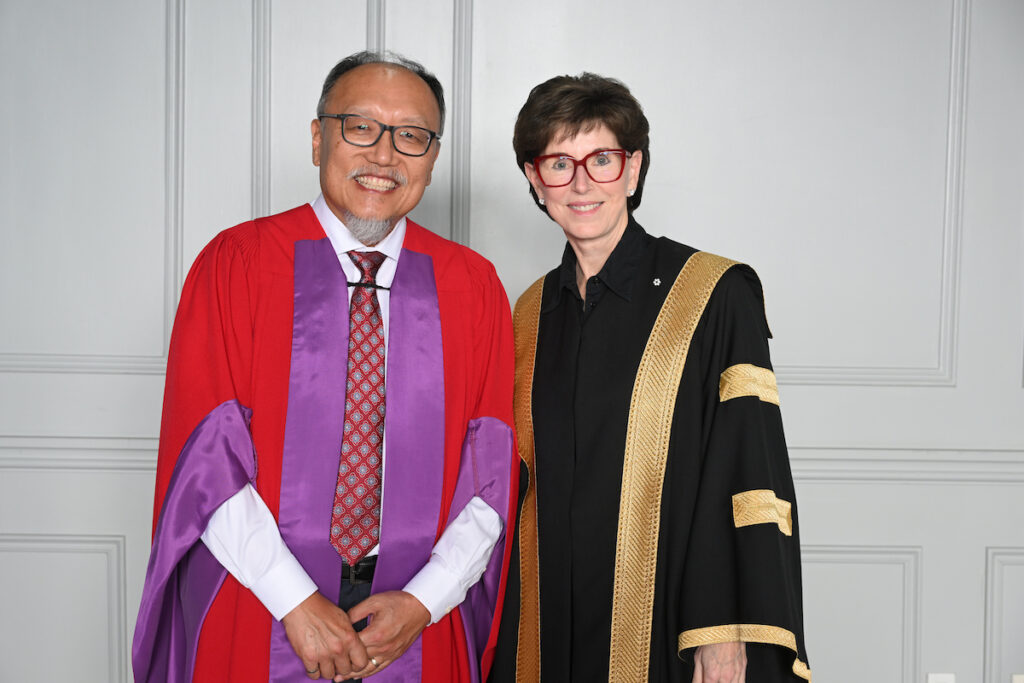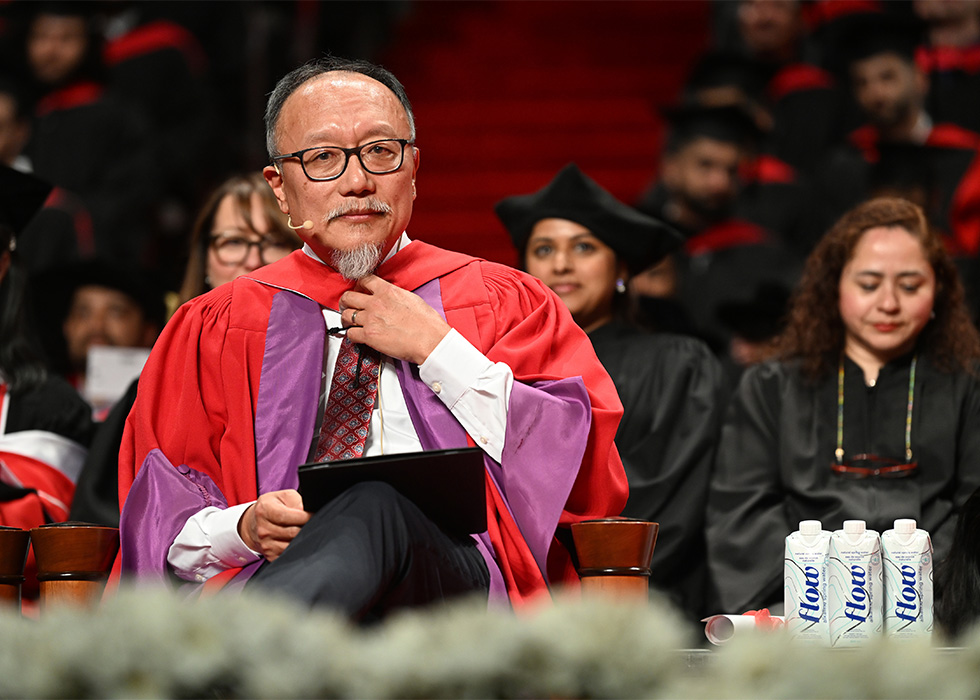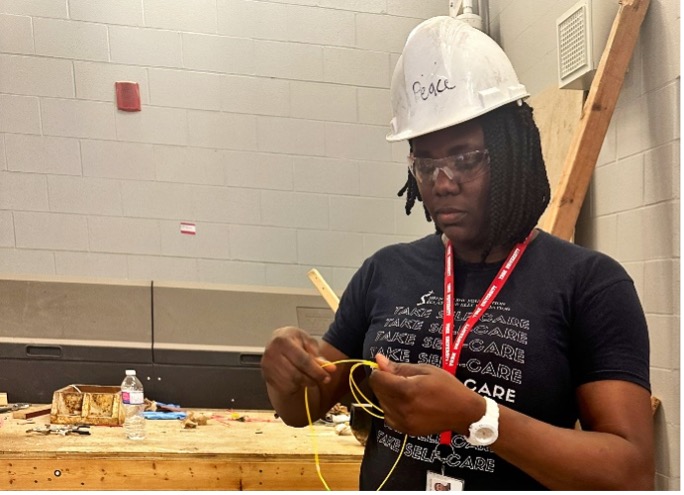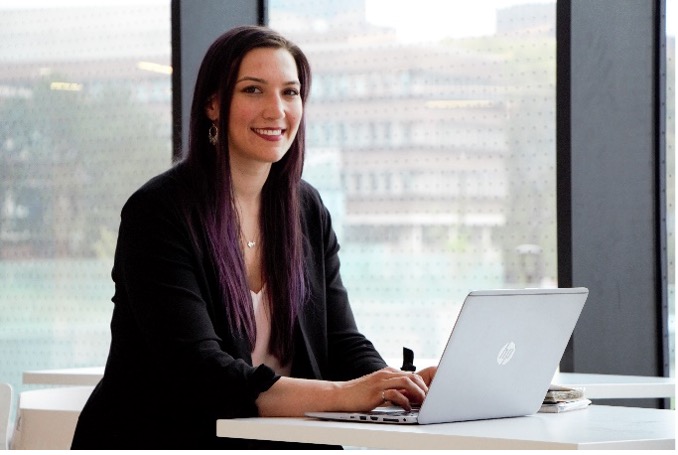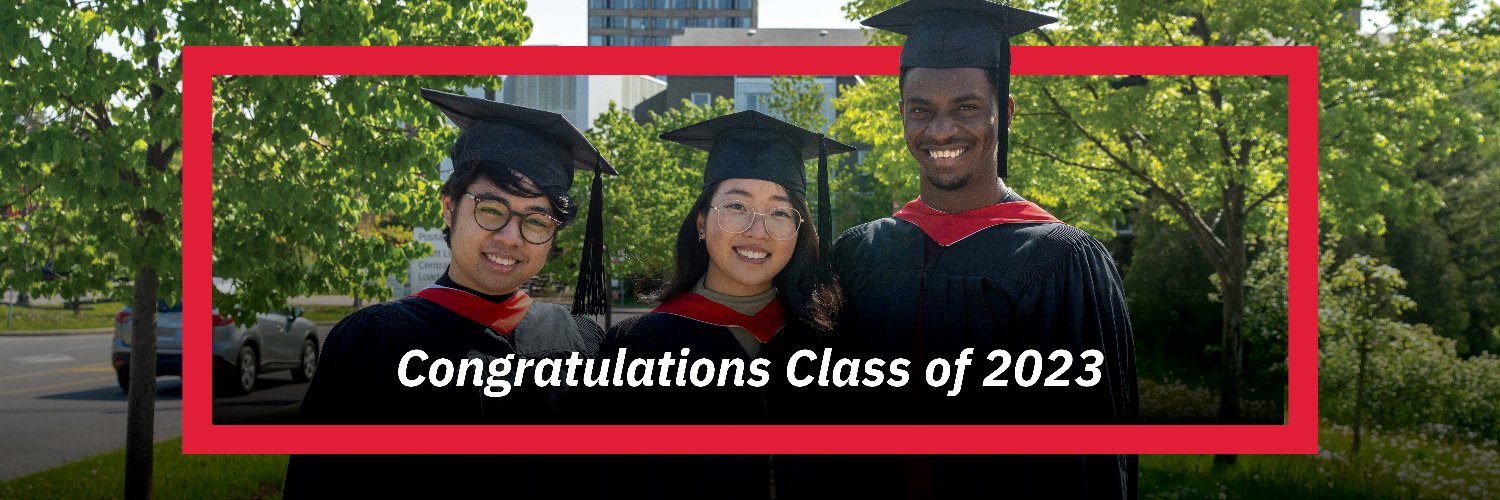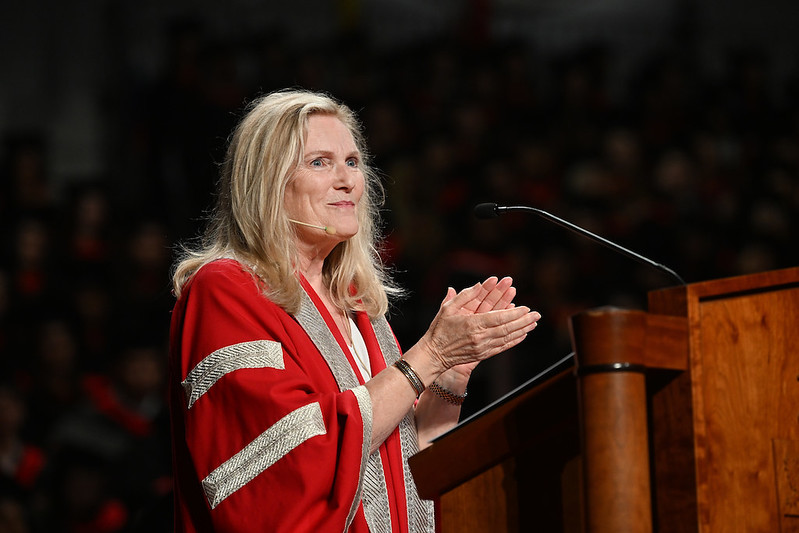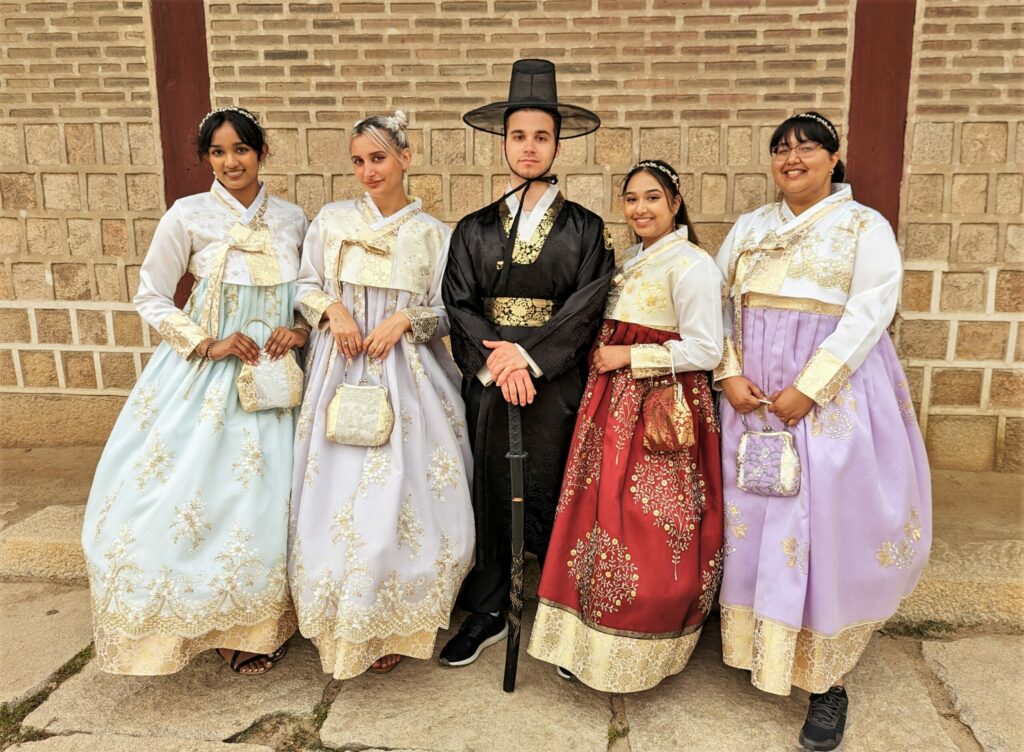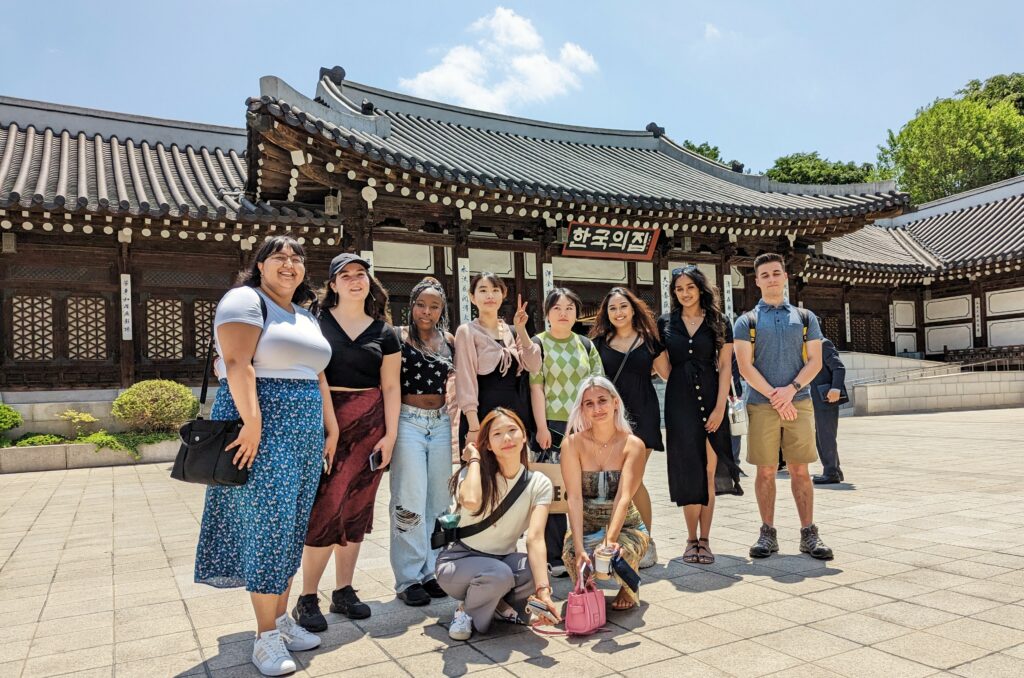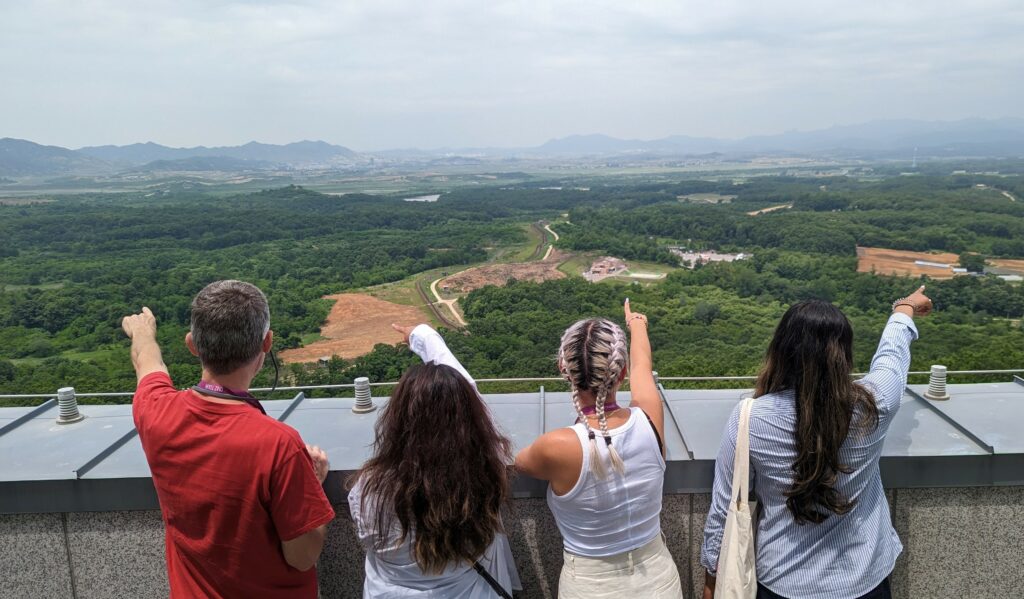In early June, at the Lassonde School of Engineering at York University, the Research Awards Celebration honoured four of its faculty members who demonstrated excellence in research, knowledge translation and student mentoring carried out in the last three years.
“This year’s recipients of the Lassonde Innovation Awards (LIA) embody the vision of our School,” says Magdalena Krol, associate dean of research, innovation, enterprise and partnerships at the School. “They each have made incredible efforts to create positive change at Lassonde and throughout our wider communities. We are excited to see what amazing work they will do next and look forward to supporting their endeavours.”
The Lassonde Innovation Awards (LIA) were part of a celebration that further honoured a total of 60 faculty members for their positive contributions to Lassonde and beyond, with half of the achievements representing interdisciplinary work and addressing the United Nations Sustainable Development Goals (UN SDGs).
“World-class research and teaching are of critical importance as we cultivate new ideas, knowledge and contribute towards a more sustainable world for all,” says Lassonde Dean Jane Goodyer. “Our faculty members are creating local and global impact, in addition to raising Lassonde’s reputation as a first-rate engineering and science School on the international stage.”
This year’s LIA winners are:
Innovation Award (Early Career Researcher): Hina Tabassum, assistant professor, Department of Electrical Engineering & Computer Science
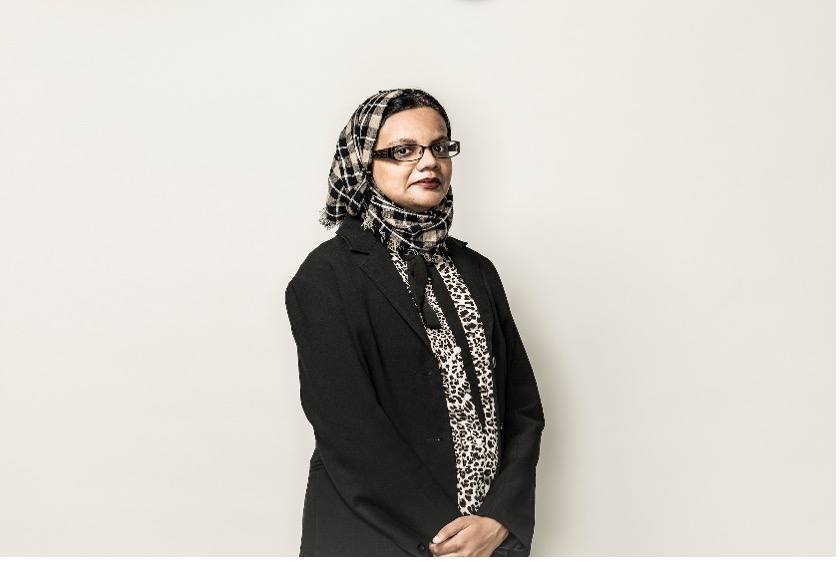
Tabassum, who leads the Next Generation Wireless Networks (NGWN) research lab, is focused on developing solutions for 5G/6G wireless networks, addressing their performance, design, modelling, analysis and optimization, as well as problems related to mobility management, traffic offloading and resource management. Tabassum’s extensive research output has significantly contributed to elevating York University’s telecommunications ranking, which is currently among the top 150 schools globally, according to ShanghaiRanking’s Academic Ranking of World Universities.
Tabassum has been named one of the 10 Rising Stars in N2Women: Rising Stars in Networking and Communications List and recorded in the Stanford’s List of the World’s Top 2% Researchers in 2021 and 2022. Demonstrating enthusiasm for her research field, Tabassum is an active senior member of the Institute of Electrical and Electronics Engineers (IEEE), served on technical program committees for over 26 different conferences, held editorial roles for six prestigious journals and continues to commit to her position as the founding Chair of IEEE ComSoc RCC Special Interest Group (SIG) on Terahertz Communications. Tabassum was also the Chair of Lassonde’s Women in Computer Science and Engineering (WiCSE) from 2018 to 2020, providing opportunities for students to develop essential engineering skills and serving as an exceptional role model to women in engineering.
Innovation Award (Established Researcher): Jinjun Shan, professor, Department of Earth & Space Science & Engineering

Recognized as an international expert for research on space and autonomous systems, Shan founded the Spacecraft Dynamics, Control and Navigation Laboratory at York University nearly 20 years ago and continues to conduct innovative work in areas such as space instrumentation, multi-agent systems and unmanned vehicles. His research output has contributed to several national and international space missions, including Canada’s Near-Earth Object Surveillance Satellite (NEOSSat) – the world’s first space telescope used to track both celestial objects and man-made resident space objects (RSO).
In recent work, Shan has been highly focused on the development of autonomous systems, including self-driving cars, unmanned aerial vehicles (UAV) and unmanned ground vehicles (UGV).
He has secured over $5 million in research grants, produced over 200 publications and holds two patents. He is currently leading related projects with substantial funding ($2.5 million) from Innovation for Defense Excellence and Security (IDEaS), the Natural Science and Engineering Research Council of Canada (NSERC), and the Mitacs Accelerate and Canadian Foundation for Innovation John R. Evans Leaders Fund (CFI JELF). Shan was also elected as a Fellow of Engineering Institute of Canada in 2021, American Astronautical Society in 2022 and Canadian Academy of Engineering in 2023.
Graduate Mentorship Award: Sunil Bisnath, professor, Department of Earth & Space Science & Engineering
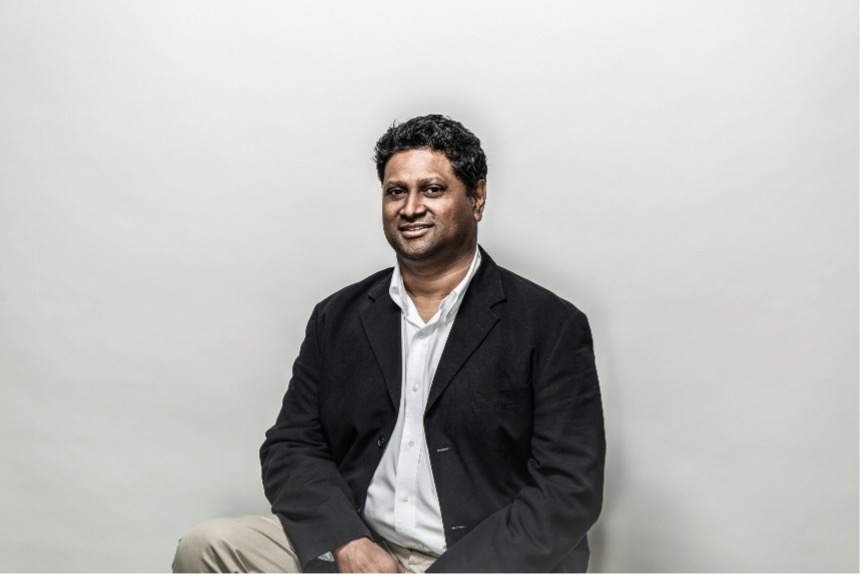
Bisnath’s contributions to global navigation satellite systems research have led to over 100 publications, $4 million in research grants, and numerous collaborations with industry leaders, including Honeywell Aerospace, the Ontario Ministry of Transportation, the Canadian Space Agency and the European Union.
He has also demonstrated exceptional commitment to the mentorship of his graduate students, encouraging his students to pursue competitive internships, world-leading international conferences and publishing numerous papers.
In addition, his guidance has led his graduate students to obtain positions with notable organizations following graduation, including Rx networks, MDA Ltd., NovAtel, the Canadian Space Agency, NASA and more.
Students commend his efforts to create a family-like research environment that exemplifies equity, diversity, and inclusion (EDI) principles. His graduate students often refer to their research group as a “miniature United Nations,” with the majority of members being visible minorities or belonging to underrepresented groups in STEM.
Public Engagement Award: Solomon Boakye-Yiadom, associate professor, Department of Mechanical Engineering
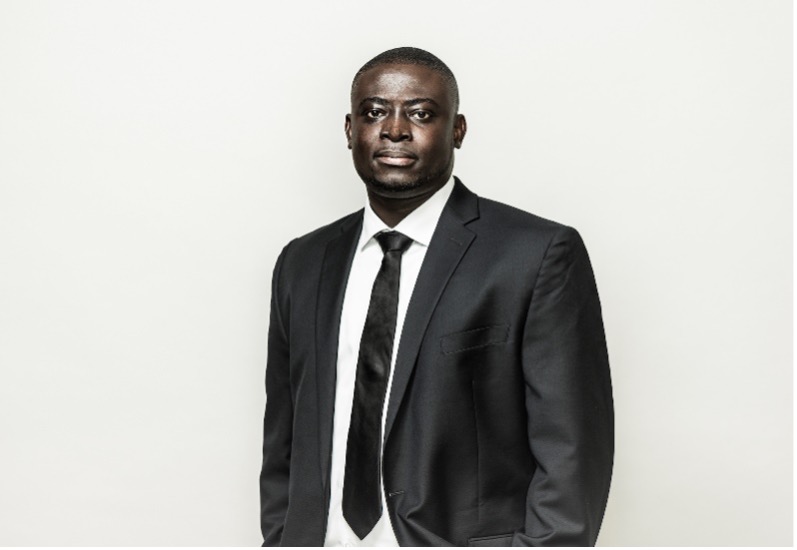
With Boakye-Yiadom’s research in advanced and structural materials and related applications, such as metal additive manufacturing, he actively brings his passion and expertise outside of the laboratory and classroom.
Collaborating with local school boards and educational programs, including Lassonde’s k2i academy and the Catholic District School Board of Eastern Ontario (CDSBEO), Boakye-Yiadom has led panel discussions and presentations on various science and engineering topics.
He is especially dedicated to supporting underrepresented and marginalized groups in STEM, providing educational opportunities for women and Black students, as well as taking part in motivational and informative discussions organized by the Harriet Tubman Institute and Canadian Black Scientist Network (CBSN). In 2021, Boakye-Yiadom hosted a summer camp for international high school students across Africa, offering hands-on experience with projects that explore programs in the fields of STEM, arts, business and entrepreneurship. Encouraging women to get involved in engineering, Boakye-Yiadom also pioneered programs to recruit female African students to York.
Learn more about the award winners and their prestigious accomplishments in research and impact on the Lassonde website.




